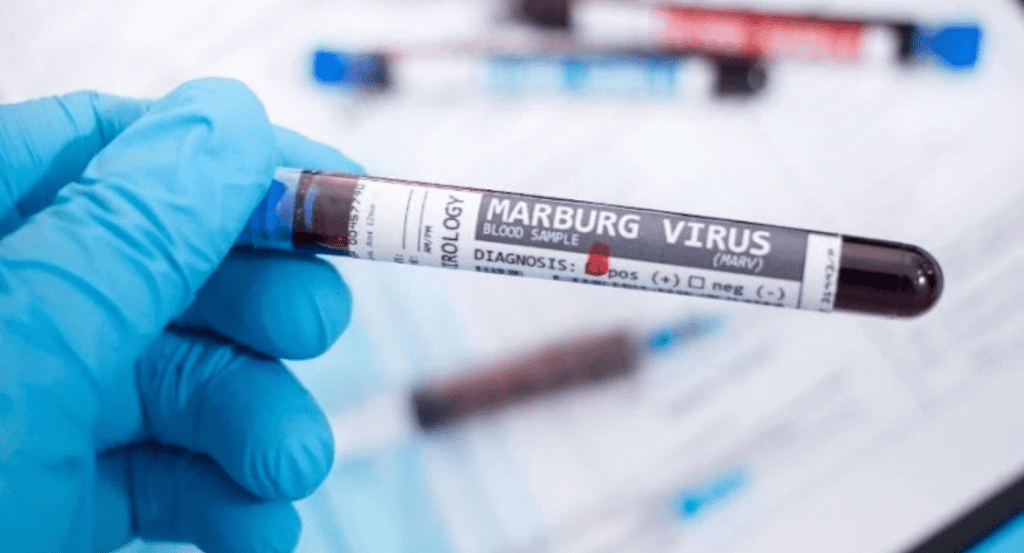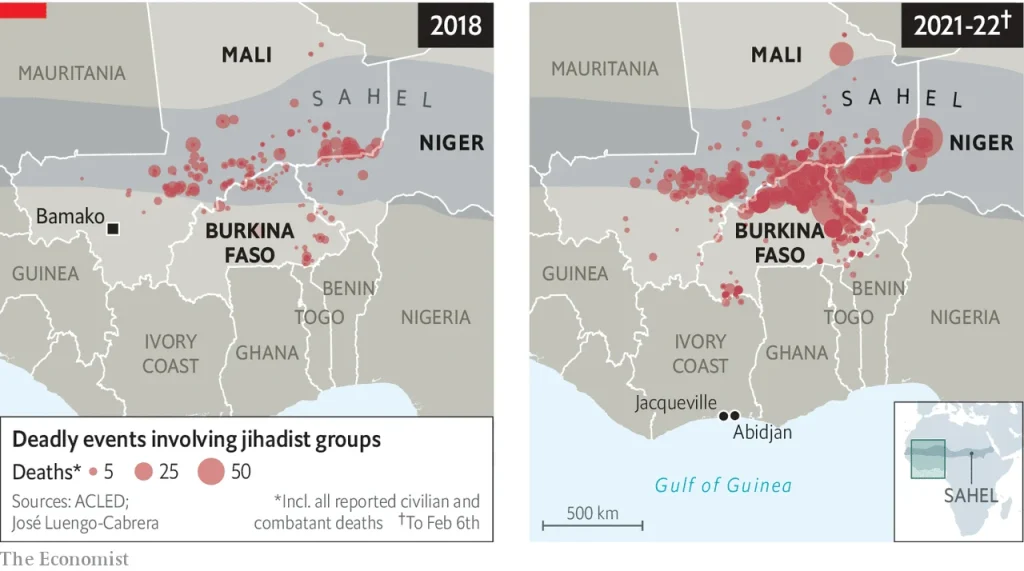The World Health Organization (WHO) has raised an alarm over a deadly outbreak of the Marburg virus in Tanzania, which has claimed the lives of eight people. The outbreak, first reported in the country’s northwest region, has prompted swift responses from health authorities and international organizations to curb its spread.
The Marburg virus, a highly contagious pathogen belonging to the same family as the Ebola virus, causes severe hemorrhagic fever. Symptoms include high fever, severe headache, muscle aches, vomiting, and, in some cases, bleeding from the eyes, gums, and other orifices. The disease has a fatality rate of up to 88% in previous outbreaks.
Dr. Matshidiso Moeti, the WHO Regional Director for Africa, described the situation as concerning, stating that rapid containment efforts are critical to prevent further fatalities. “The WHO is working closely with Tanzania’s Ministry of Health to deploy emergency teams, provide medical supplies, and enhance surveillance,” she said.
The Tanzanian government has already activated emergency health protocols, including isolation centers and contact tracing. Health workers in affected areas are receiving training on managing and treating Marburg cases, while public health campaigns are being conducted to raise awareness about the virus and how to prevent its spread.
Preliminary investigations indicate that the outbreak may have originated from fruit bats, a natural host of the Marburg virus. WHO has advised the public to avoid contact with bats, monkeys, and other potential carriers, and to observe strict hygiene practices.
The outbreak has sparked fears of regional spread, with neighboring countries urged to heighten border surveillance and preparedness measures. The East African region has experienced similar outbreaks in the past, making swift action crucial to contain the virus and protect public health.
Experts warn that the virus’s high fatality rate, combined with its capacity for human-to-human transmission through bodily fluids, makes it a significant threat. While there is no licensed vaccine or specific antiviral treatment for Marburg, supportive care such as rehydration and treatment of specific symptoms can improve survival rates.
The WHO has emphasized the importance of international collaboration in addressing the outbreak, calling on global health organizations to contribute resources and expertise to support Tanzania’s containment efforts.
As the situation develops, public health authorities continue to monitor the outbreak closely, urging calm while maintaining vigilance to prevent a wider crisis.



















